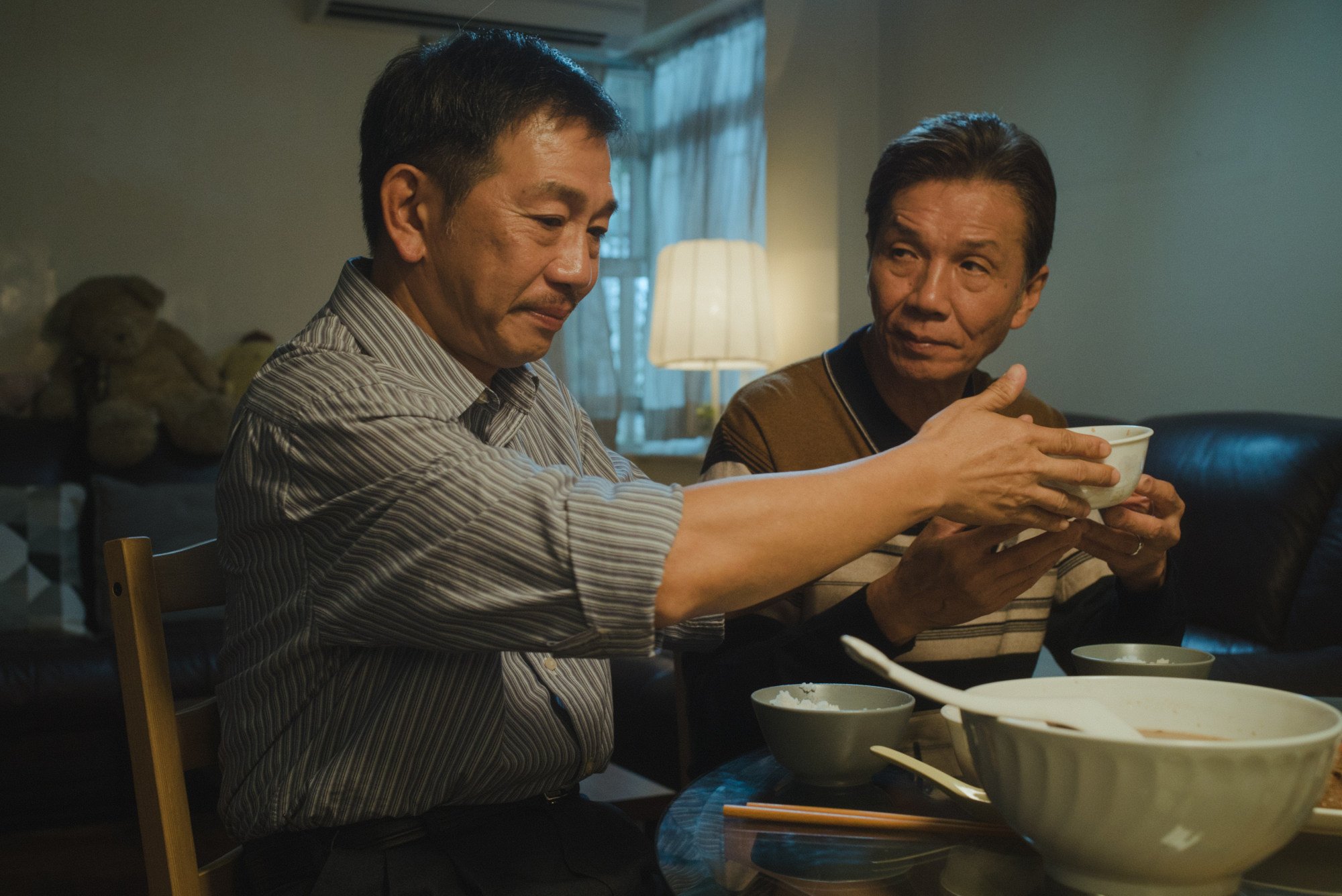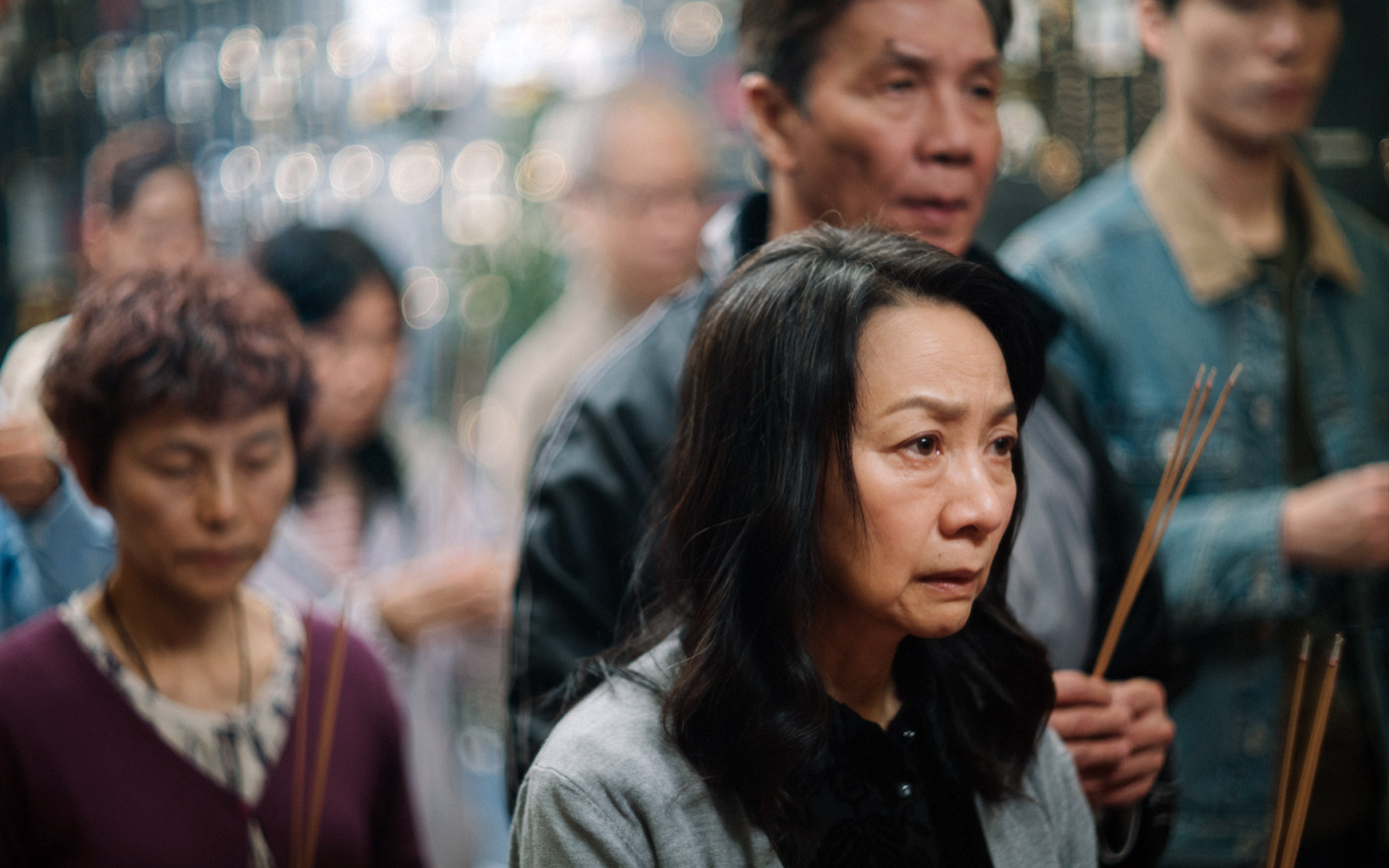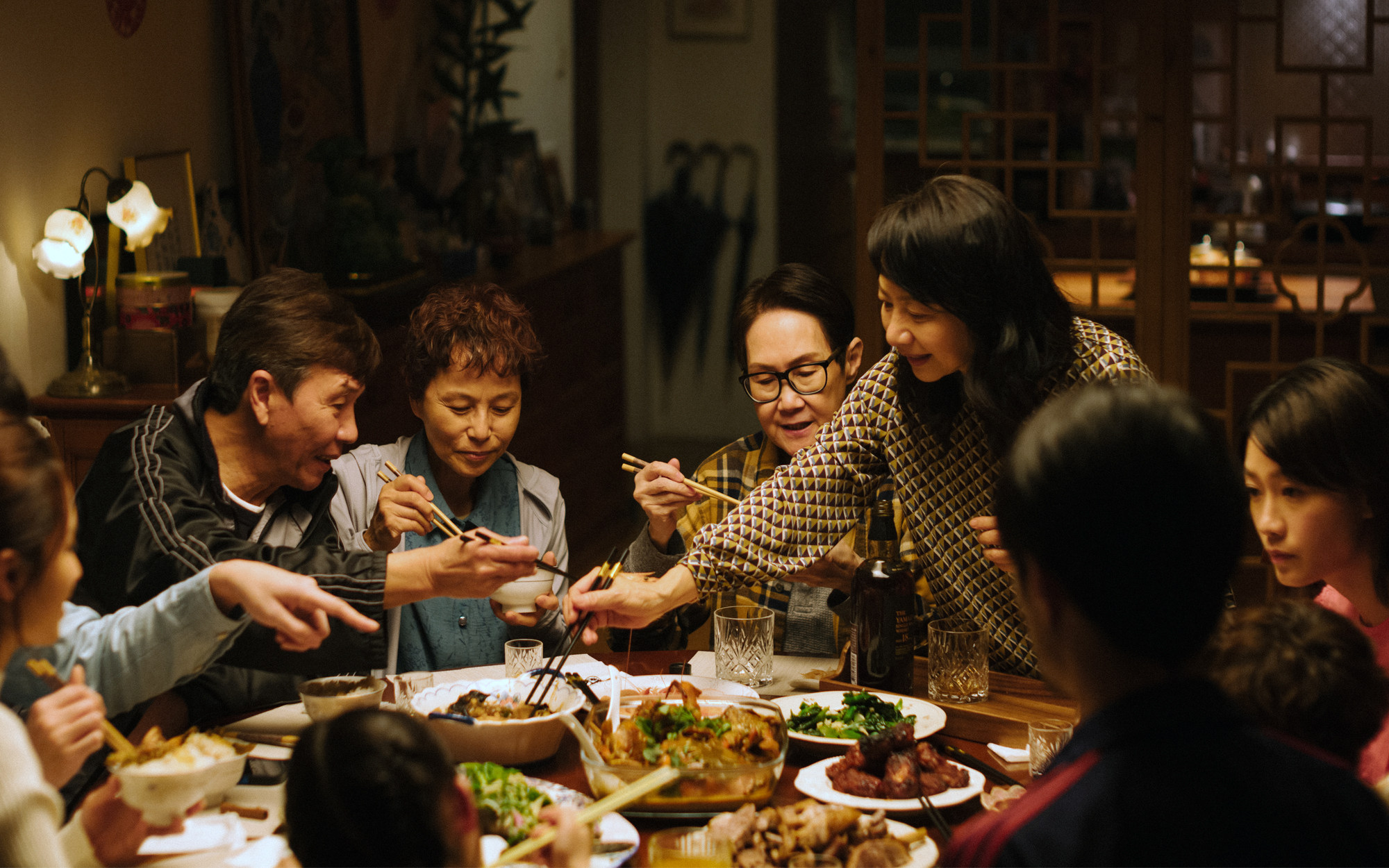Yeung was inspired by five women who went through similar experiences. “One woman – she had a very, very bad experience because the deceased’s family did a lot of things. Like they changed the locks. And they went to her apartment and they sat there for hours, giving her pressure to the extent that eventually she had to leave.”
Another story he heard was of family members calling up the grief-stricken partner the day after the death of their loved one to reclaim some watches. “They used the excuse: ‘Oh, we wanted the watches for the funeral.’ Which is shocking.”

“I wanted to explore long-term couples in Hong Kong, same-sex couples, and how they have been treated by the families because they are out of the way,” he says.

“In Hong Kong it’s quite interesting: long-term lesbian couples seem to be accepted by society on the surface – but accepted in a sense of ‘don’t ask, don’t tell’,” he adds.
The way Yeung sees it, “everyone pretends” – with a woman’s female partner often treated as if she’s just a friend.
“No one really publicly acknowledges them as a real couple; [they] just see them as best friends who didn’t get married. And they live together as companions. And that is kind of acceptable …

“But gay men wouldn’t [be accepted] because two gay men in their fifties, living together – everybody will know what’s going on or feel disgusted by it,” he says.
Underneath it all is a look at homophobia that still lurks just beneath the surface in Hong Kong society.
“I think people are not so homophobic if they see two guys walking down the street as a couple, unlike 20 years ago,” Yeung says. “But in terms of our legal rights, we are still just as backward. Maybe [it has] improved a little bit, but we still have a long way to go.”

The director wants to see more done to protect those in the Hong Kong LGBTQ community.
“The government has not been very proactive,” he says. “Inheritance rights should really apply to people who have been living as a couple for many years and it should be automatic rights … like cohabiting rights. Instead [same-sex couples are] having to go overseas and get married and come back and fight for their rights.”
Certainly, Yeung has done a lot in the local filmmaking community to promote LGBTQ awareness, not least in running the Hong Kong Gay and Lesbian Film Festival since 2000.

“It’s easier now … but, in the first 10 years, when I was involved [in the festival], it was very difficult to find Asian LGBT movies. Now you get a lot more; the Koreans, for example, they do a lot of very good LGBT movies.”
Yeung approached Li through Chiang, who is still working today. When they finally met, she read the script and immediately responded.
Happy Together: Wong Kar-wai on his classic 1997 gay movie
Happy Together: Wong Kar-wai on his classic 1997 gay movie
As it turns out, she has not been forgotten by the industry, Yeung says.
“She said, ‘I actually have a lot of offers but everybody asks me to play a character’s mother or character’s grandmother. And I don’t have my own story. So I wasn’t really interested. But first of all, I’ve never played a lesbian before, and second, I’m an individual here. I’m not someone’s mother, or something. So for me that is very interesting.’”
Yeung held a table read when they began rehearsing, and Li’s acting style was initially a little old-fashioned for what the director wanted.

“She was from that generation where everything had to be pronounced very clearly. Every word had to be very sharp. I wanted it to be very daily … so one of the things that I have to help her to do is to speak in a very lazy fashion, so the words aren’t pronounced so well.”
While Yeung acknowledges that Hong Kong audiences “of a certain generation” will be intrigued to see her return, it’s more than just stunt casting.
“I think it’s important to have a character that resonates all through the movie because although she passed away in the film, everybody talks about her and what she did. So she has to linger, her ghost, throughout the film.”

Casting someone recognisable who hadn’t been seen for years, he feels, was the perfect way to do this.
All Shall Be Well shows a considerable maturity, proof of Yeung’s evolution as a filmmaker that began in earnest when he made his first feature Cut Sleeve Boys in 2006.
In 2008, he enrolled in the Columbia University School of the Arts, in New York, to study for a master’s degree in fine arts.
‘I am by nature a girl, not a boy’: life-changing Leslie Cheung movie
‘I am by nature a girl, not a boy’: life-changing Leslie Cheung movie
Such are the difficulties of independent filmmaking, though, that Yeung has accepted that he’s never going to make a film every 12 months. “This took four years,” he says about All Shall Be Well.
Now, he’s got two projects on the boil: a comedy and a UK-set film that he began writing years ago when he was at Columbia.
The one thing he won’t do is programme All Shall Be Well in the next edition of the Hong Kong Gay and Lesbian Film Festival this coming September.
“I’d feel very embarrassed,” he says. Modesty prevails, it seems.

